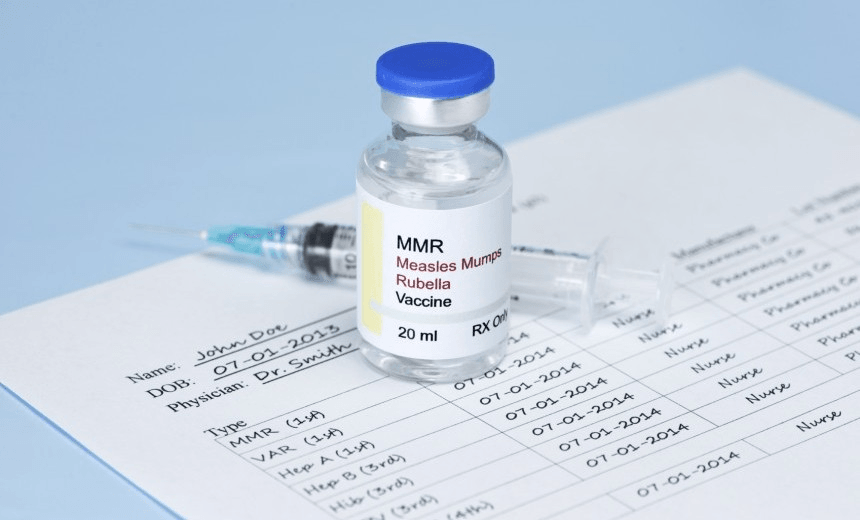An update from Auckland, Waitematā and Manukau DHBs reveals that two women have lost unborn babies as a result of complications from measles. Fewer cases are being reported, but the risk is still real.
What happened?
The Auckland Regional Public Health Service advised that while there have been no deaths, five pregnant women have contracted the disease resulting in complications leading to the deaths of two unborn babies. Both women were in their second trimester.
Director of Health Outcomes for the Waitematā and Auckland DHBs, Dr Karen Bartholomew, advised pregnant people that they’re no more at risk than anyone else but to talk to their maternity carer or GP. “They will be able to tell you if you have been tested for rubella, and in New Zealand, if you are immune to rubella, you are usually considered to be immune to measles.”
Most New Zealanders are immune to measles and rubella. However, non-immune people are at risk of miscarriage, premature labour and low birth weight infants.
But fewer cases overall?
Yes, but that’s no cause to relax.
Auckland Regional Public Health Service medical officer of health Dr William Rainger told the NZ Herald today that while fewer cases are being reported weekly, in Auckland the total number of cases so far this year is 1,307. The hospitalisation rate is particularly high in Auckland at 36% (during previous outbreaks the average was about 10%).
The latest report from the service confirms the current measles outbreak is “the largest in two decades in New Zealand”.
Why such a surge in hospitalisation?
The high hospitalisation rate is thought to be due to a disproportionate number of pre-schoolers contracting the disease. Dr Bartholomew, said in a statement that “young children are very susceptible to complications from measles such as pneumonia”.
Māori and Pacific patients are also more likely to be hospitalised.
What are people admitting to hospital with?
The most common complication is pneumonia, where there have been 65 hospitalisations in Auckland, but there have also been three for encephalitis. The number of hospitalisations is highest for 0-4 year olds at 173 cases, followed by 15-29 year olds at 152 cases.
What’s the picture nationwide?
There are two ongoing outbreaks under way. The latest data from ESR confirmed 119 measles cases reported for the week ending September 27, bringing the national total to 1541 for the year, with 516 hospitalisations nationwide: almost exactly one in three.
The regional health service advice on measles and pregnancy is as follows:
• Women who are pregnant should find out if they are immune to measles, if unsure.
• Check your immunisation records in your Plunket/Well Child book if you or your parents can find it or ask your family doctor.
• If you have had a MMR vaccination or measles infection, it is extremely unlikely that you will catch measles. You are considered immune.
• If you do not know that you are immune, and you are in a community at risk, you can get a blood test to find out if you are immune.
• Pregnant women who know they are not immune can lower their risk by not going out to public places, and by ensuring everyone visiting or living with them is vaccinated.
Read more about measles and pregnancy here.

